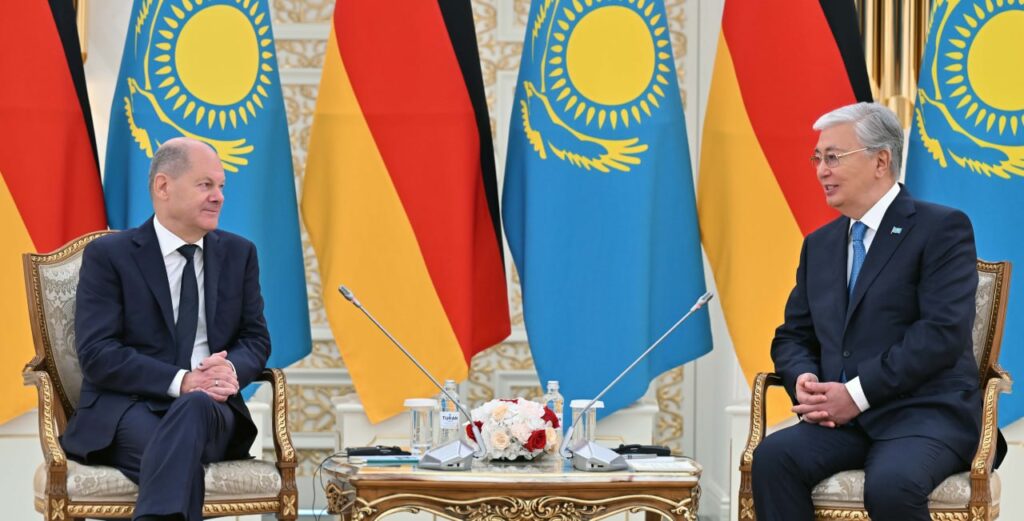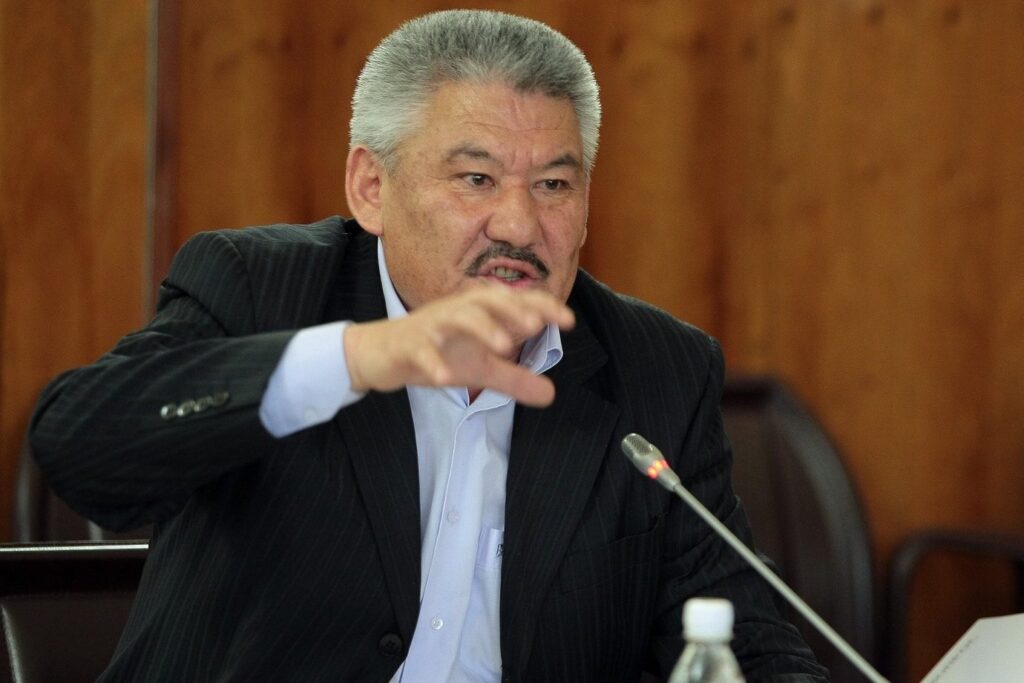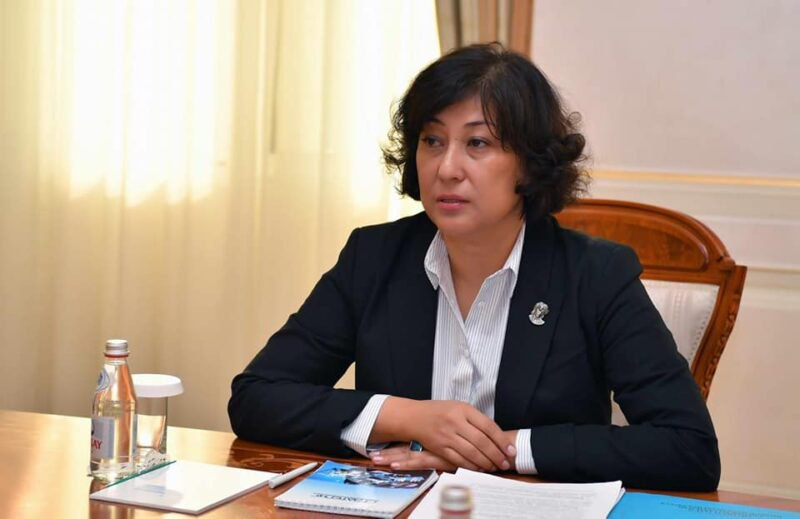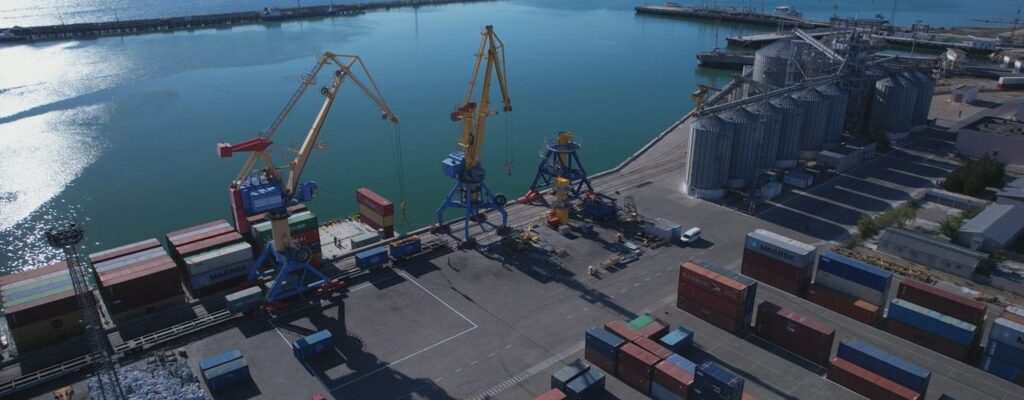According to Gulmira Ileuova, a sociologist and the head of the Strategy Centre for Social and Political Research, gender equality in Kazakhstan has severely deteriorated. In an interview with TCA, she explains how social regression and a depletion of human resources are making it difficult for women to participate in political parties, social movements, and public services.
TCA: Sources illustrate that after the 2023 parliamentary elections, the representation of women deputies in the Majilis fell from 27% to 18%. In addition, Kazakhstan’s performance in the Global Gender Gap Index (GGGI) has deteriorated. This year, the country fell from 62nd to 76th place. This index, which can be used to judge the economy’s stability and legal security, has a serious impact on investors. What, in your opinion, is the reason for this deterioration?
First of all, I would like to point out that until 2021, the Labor Code had restrictions on where women could work based on concerns about their health. Now that the restrictions have been lifted, progress is steadily being made in involving women in areas previously inaccessible to them. Some companies have already published data that women have begun operating heavy machinery, such as big trucks, which was not the case before.
As for politics and the civil service, it appears that under the spread of influence from the south, the country is reinstating traditional social relations. Independent Kazakhstan has entered a new period where traditional and non-traditional forms of Islam thrive, and hyper-masculine and patriarchal attitudes are on the rise. I emphasize the patriarchal division of life through reinforced gender roles because it is gaining strength and spreading across all regions of the country. Furthermore, this trend is moving into the sphere of politics and civil services.
Let’s take a look at what preceded these trends. In many regions, primarily in the south, there is a huge number of women who wishing to undertake the important work of reproduction, were receiving TSA (targeted social assistance). According to statistics in 2019, there were 2 million and 221 thousand recipients of TSA (about 12% of the population). Today, their number has decreased six fold to about 350 thousand. These numbers include women who thought they would bypass employment through state support systems. And now these women are in trouble. The state is revising its social policy, but the paternalistic trend has long been developing and a large number of people have abused it.
TCA: Are you saying that women, in receipt of child allowances, prefer to stay at home as opposed to actively entering economic relations or aspiring to participate in civil services or politics?
Yes, and I am afraid that this trend cannot be overcome by quick measures or be alleviated by even quotas for women. In a ‘strategy’ study conducted by the Center for Social and Political Research in the Turkestan region, an official working in gender policy said that at some point, the political representation of women fell to 5%. There were actually no women in senior positions to begin with. Women were never elected as vice Akims (heads) of the region, or with the exception of the Social Security Department, heads of departments. The representation of women was minimal, with just one woman as a district Akim and a few in Maslikhats.
In fear of being accused of discrimination, officials introduced quotas. The region then realized that over the past decades, despite constant talk about gender equality, the recruitment pool of politically active women had dried up. Literally unable to find suitable female candidates, they were forced to take on less able women.
The situation is not dissimilar sport. It’s not enough to invest huge amounts of money in high-performance sports: this is not the way to raise champions. You need to invest in mass sports, including children’s and youth sports, Only then, will you nurture strong athletes, or in our case, women politicians and officials. And they should be trained not only in politics but also in non-governmental organizations and companies. Women should be willing and able to occupy positions at all levels. Otherwise, to fulfil the quota, we will have to hire just anyone.
TCA: This is the same country where, in the past, a lot of effort was invested in the “liberation of the Eastern woman.” The term even became a slogan. Has the situation changed for the worst?
In our work with violence against women, it is clear that their rights achieved 100 years ago, must be rewritten and laid down as law. You can’t buy a woman for a kalym or bribe; you can’t kidnap her for marriage, and you can’t beat and humiliate her. Under the Soviet Union, gender equality was very closely monitored; the strict party line introduced women into politics and the civil service at all levels. In other words, gender equality once achieved, cannot be allowed to rest. We need constant, serious work to maintain the balance and bridge the gap. Unfortunately, it seems that the authorities in our country have decided that gender balance is automatic and will take care of itself.
For many years they talked about it but made no active effort to address the situation. As a result, we now we have large families with their ASP, state paternalism, and a return to the traditions which belittle the position of women. One example that can be applied to all of Central Asia, is illustrated by a Tajik woman and fellow student in “Anthropology of Gender in Tajikistan: An Insider’s View.” In her book, she highlights the resurgent view of women as quivering “biological” beings requiring incessant management from a more socially engaged, more evolved man. This opposition between masculinity and femininity has recently become more deeply embedded in culture, repeatedly reiterated in literature and movies. There is no doubt that this “return to roots” has a very strong impact on women and determines their role in the governance of the country.
TCA: How accurate are statistics that claim over 50% of civil service employees are women?
We all know very well, that this figure in the main, reflects the educational sector – considered a women’s field- as well as medical and social sectors. The picture in the Ministry of Finance, for example, will not however, be as rosy as that in the Ministry of Education. There are very few women in the economic, financial, and technological blocks and if we look at the statistics, the proportion of women in the civil service is 55.9%, of which only 7.2% are political civil servants.
TCA: We have almost no women in political parties, no women akims of large territorial units, and few women ministers. However, in large cities, especially in Almaty, there is a small but very vociferous band of female activists from various NGOs, including feminist organizations. Why don’t Kazakhstani women exploit this as a means of promotion?
It takes a lot of effort, among other things, to create an attractive image of working in politics, especially in high positions. Many women are discouraged by the risk of exploitation as well as a lack of time for family. Unfortunately, an image has formed that the civil service is not a good place for women. To redress the situation, we must first create a pool from which women civil servants will be recruited. We must also instil the concept that women are no worse, or even much better, than the conventional choice of the men charged with making important decisions. Right now, women are largely immersed in complexes; they perceive politics as a place “not for us.”
The erosion of charismatic women in all spheres was gradual. They do not fall from the moon and to reap the benefits of their reinstatement, a community must be formed which will push women forward to the first roles in the state.
As far as activism is concerned, we managed to launch gender policy just at the moment when radical feminism, which is closely linked to the transgender movement, reared its head. They are essentially different agendas, but today, even going to a rally for women’s rights is unacceptable to many people. You find yourself in a group of people who are not ideologically close to you. In many minds, gender equality and feminism are being substituted, and moreover, feminism, through the efforts of certain groups, is perceived only in its radical form. As cited in surveys, we women ” don’t want to be in the crowd of misfits.” As a result, women who would like to defend their rights, the rights of their daughters, will sadly think very hard before going to rallies.






